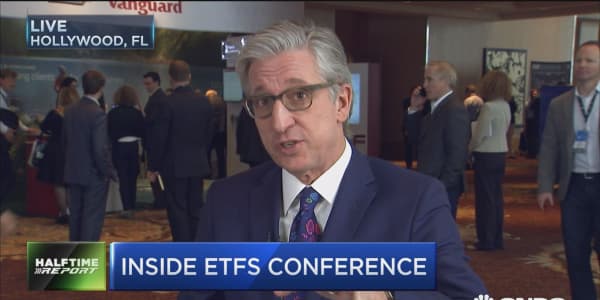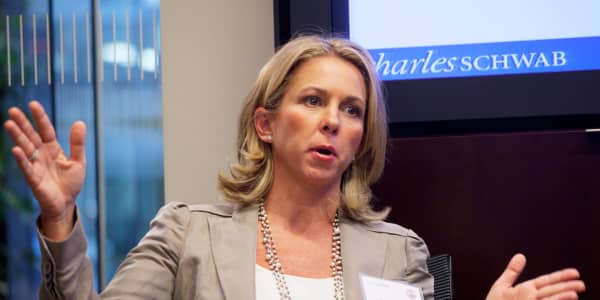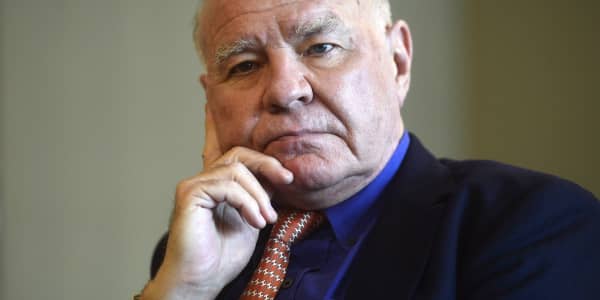HOLLYWOOD, Fla. - Forget any nice talk about how mutual and exchange-traded funds can peacefully co-exist.
Monday's gathering at the sixth annual Index Universe Inside ETFs conference opened with tough talk about which side of the debate will emerge victorious.
"Anybody who's not on the ETF route, anybody who's still stuck in mutual funds, anybody who's not attending a conference like this better watch out because this is a powerful combination," said Matt Hougan, global head of editorial and president of ETF analytics at IndexUniverse.
The ETF community is using the gathering to flex its muscles in the investing world as assets under management continue to build and more retail investors move money into the funds. (Read More: When It Comes to ETFs, Know What You Own)
This is billed as the biggest ETF conference in the country, featuring some 1,250 advisors who have come to hear more about an industry that, though growing, remains misunderstood.
ETFs look a lot like mutual funds as they track various indexes and strategies within the broader equity markets. But they trade like stocks, are generally more transparent in their composition and usually offer substantially lower fees - advantages that are getting trumpeted repeatedly here.
In the funds race, the $1.4 trillion exchange-traded sector still is well behind the $9.4 trillionmutual fund industry, though it is most certainly gaining.
"Overall we are definitely moving in the right direction and it's translating into amazing value for investors," said Martha King, managing director and head of U.S. financial intermediaries at the Vanguard Group, one of the fund industry's leaders.
"Today more people are indexing than ever before. They are getting wide exposure to the stock and bond markets and they are paying less to do it," she added. (Read More: ETFs Turn 20: So Where Do We Go From Here?)
For investors, the primary goal with the explosion of funds is discerning among the many offerings, including those that seem to be providing exposure to the same markets or indexes but differ widely by strategy.
Fund experts here predict that the amount of ETFs actually could decrease in the coming years even as assets increase. The field has seen an explosion in quantity that could be unsustainable as investors parse their way through which funds are more efficient.
Displaying a big, red button with the word "Easy" on it, Hougan encouraged investors instead to fund the "Smart" button.
"You're sitting on a pair of aces," he said. "Compared to your competitors, compared to people who aren't in the ETF world, you have this enormous set of advantages, and that's an awesome place to be."





